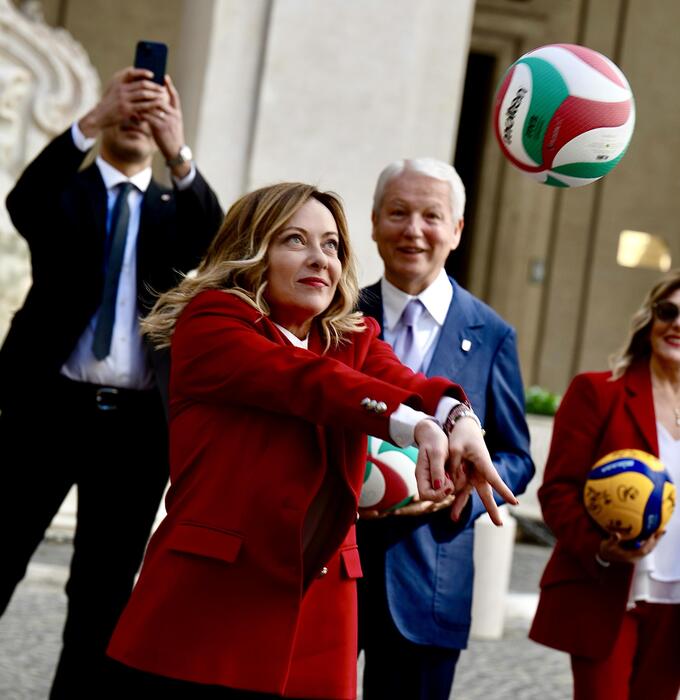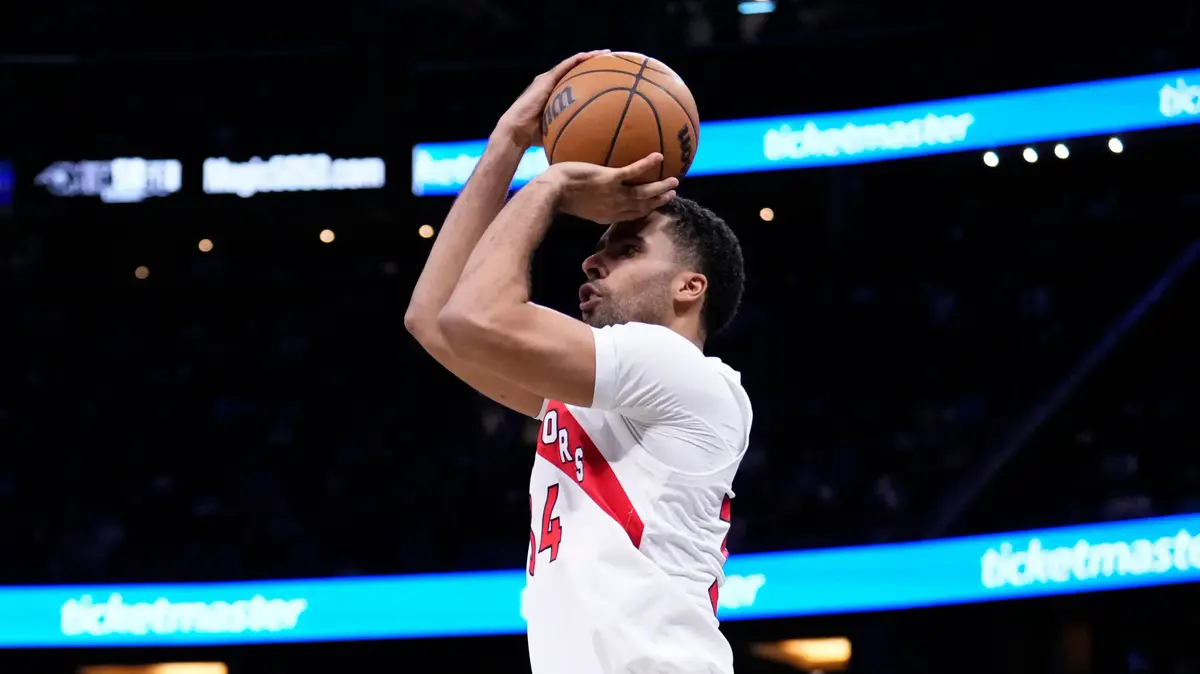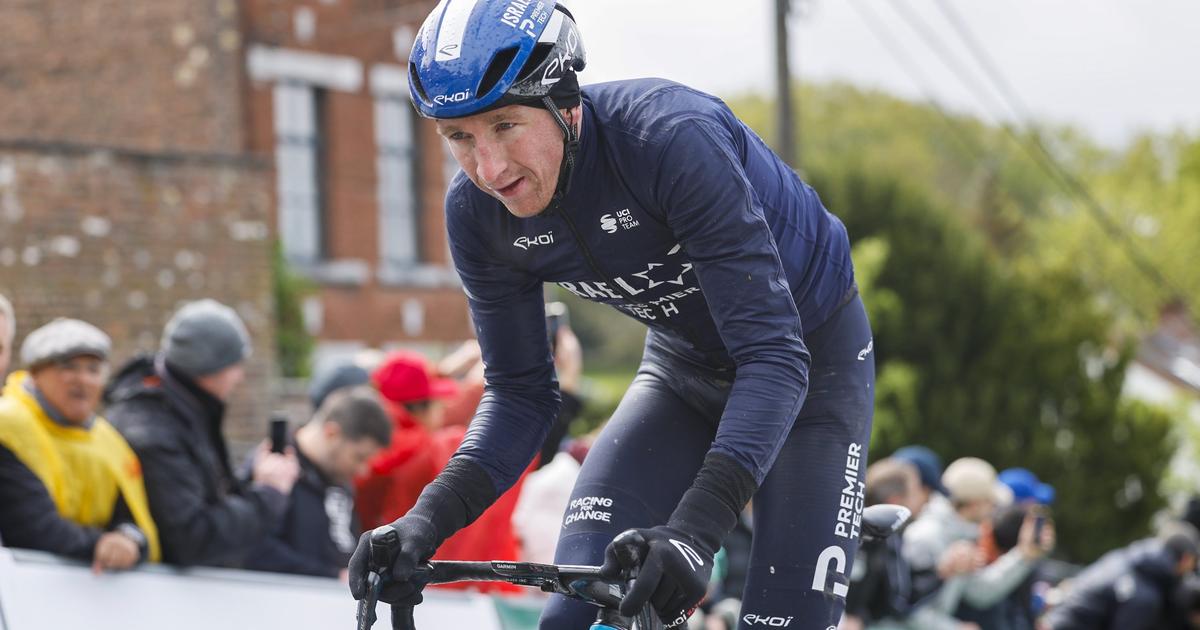In the 1970s, volleyball players from SC Freising were among the best teams in Germany. Erwin Stock was an excellent mid-blocker. But what does the 70-year-old actually do today?
Freising - There was a time when the volleyball team of SC Freising was one of the best teams in Germany. That was in the 70's. Erwin Stock was a very important key player in this successful team: he was a middle blocker, so he was responsible for defusing the opposing butterfly balls on the one hand and, on the other hand, using quick attack balls - today people like to speak of the first pace - to score the points for their own team. In the Tagblatt interview, the 70-year-old reviews the past times and tells how his life looked and looks after his great volleyball career.
Mr. Stock, volleyball was an absolute marginal sport at the time. How did you get into volleyball in the first place?
Erwin Stock (70): In addition to sport, art is his great passion.
© private
At the age of 16 I was approached by a friend in the “KV” (at that time an absolute pub in Oberen Hauptstraße in Freising, editor's note), whether I would not like to play volleyball because I do be big. I did my first training on a Tuesday in the Jahnhalle together with the Oberliga team - the Oberliga was the highest German class at the time. So at first I didn't play at SC Freising, but at TSV Jahn Freising.
"I wasn't allowed to play football as a teenager"
Why didn't you play soccer like many other teenagers?
I wasn't allowed to play football as a teenager. My parents didn't want that.
How did your career as a volleyball player go then?
After two years in the youth team, I was lucky enough to be accepted into the Oberliga team as a 19-year-old, as the entire junior team of TSV Jahn Freising has switched to local rival SC Freising (also Oberliga). I was the only one of the juniors who stayed with TSV Jahn. From 1969 to 1983 I always played high-class in Freising volleyball - in the Oberliga, Bundesliga, Olympialiga, Regionalliga and 2. Bundesliga.
Which stages were important to you?
Due to the placement in the Oberliga Süd in the 1969/70 season, we have been granted authorization for the newly formed two-division Bundesliga. I then switched to SC Freising. With the merger of the teams from TSV Jahn and the sports club, I too became a player in the Olympic League team. Because the 1972 Olympic Games took place in Munich, the association installed the Olympic League. Germany's six best teams played there - and the SC Freising team was there too. Since then, until we were relegated from the 2nd Bundesliga in 1983, I was always a member of the first team of the sports club.
"You couldn't make any money back then"
Which coaches have accompanied your career?
My first coach was the "Gü", Günter Schmidt, at that time the volleyball institution at TSV Jahn Freising. He then switched to TSV Grafing, where he has built up a volleyball division that is still very successful. Other trainers were Walter von Molo, Wolf Scherer, Robert Keilmann, Dieter Beutelstahl, Klaus-Dieter Buschle, Hans Maier, Fritz Birkner, Hermann Pfletschinger and most recently Gerd Maier.
What were your highlights as a volleyball player?
First there was promotion to the Bundesliga in 1970. Then I was a district athlete for the Freising Tagblatt 1978. The sporting highlights were always the games against SV Lohhof and Passau - and also the victory against the German champions TSV 1860 Munich in a friendly game in I still remember Mering well. Then there was the quarter-finals for the German Volleyball Cup against VC Gießen in April 1981 in Freising, which we unfortunately lost 0-3. Further highlights were the German senior championship with the VC Dom Pedro Munich 1983 in Heidelberg - my teammates were the former volleyball players from TSV 1860. As far as the games with the Bayern selection were concerned, I would play against the Czech national team in 1979 in Freising and against Call Israel in Haifa 1982.
The SCF volleyball players were among the best in Germany in the 1970s. How high was your training effort at that time? And could you make money from top volleyball?
During the competition season, training was held twice a week, every Tuesday and Thursday from 8 p.m. to 10 p.m. In the preparation period, however, it was three to four times a week - and there were still tournaments on the weekend, even abroad. You couldn't make any money back then, you only paid the travel expenses and sometimes there was a small meal allowance.
"I never played in a leisure team"
What was your professional career in addition to performance-oriented sport?
I chose the civil service career and studied at the civil engineering college in Herrsching. After a total of 45 years at the Freising tax office, I was retired in 2014.
How did you stay connected to volleyball after you retired? Have you worked as a trainer or played in a leisure team?
From 1996 I supported the then youth coach Hans Maier in the care of a youth team - that was a male D-youth - for a few years. His son Thomas Maier and my foster son Markus Eichstetter also played along. After that I stopped playing volleyball. I never played in a leisure team.
The most important thing in life? "To stay in good health"
How can you imagine your life after volleyball? What new life focuses have you found for yourself?
After active volleyball, I played tennis for several years, drove a racing bike and also participated in the first “Blech-Man” 1985, a triathlon for beginners, alongside volleyball players Walter Gollas, Fritz and Bill Birkner. I even won the first Blech-Man, a knight's doll from Sicily. The Blech-Man later became the short triathlon Towerman, which Fritz Birkner had launched. In addition to sport, my great passion is art, i.e. drawing and painting. And the family was and still is very important to me.
How do you stay fit? Or does sport no longer matter to you?
Sport is still very important to me. Since I retired, I go to the gym in the Steinpark several times a week. This is close to my apartment and can be reached in a short time by bike or on foot. There I attend courses for back exercises and yoga and do strength training. I prefer to train endurance in the forest with jogging and Nordic walking or on a mountain bike.
What are your ideas for the future?
I hope to stay healthy, that is the most important good in life. Everything else is irrelevant.
The series "What is actually doing?"
In 1984 she was the Olympic hope for many: 400-meter runner Rita Daimer. Unfortunately, her appearance turned into nothing due to injuries and she started a different career. We asked around.
He used to be top judoka, but what does Rainer Zistl from Moosburg actually do today? We asked the 42-year-old about the FT series "What does ...?"
In 2001 in Edmonton Birgit and Gabi Rockmeier celebrated the greatest success of their long athletics career. But what are the twins from Moosburg actually doing today? We asked around.








/cloudfront-eu-central-1.images.arcpublishing.com/prisa/GBWIYLSXOZDHXNUL2C66JANTE4.jpg)





